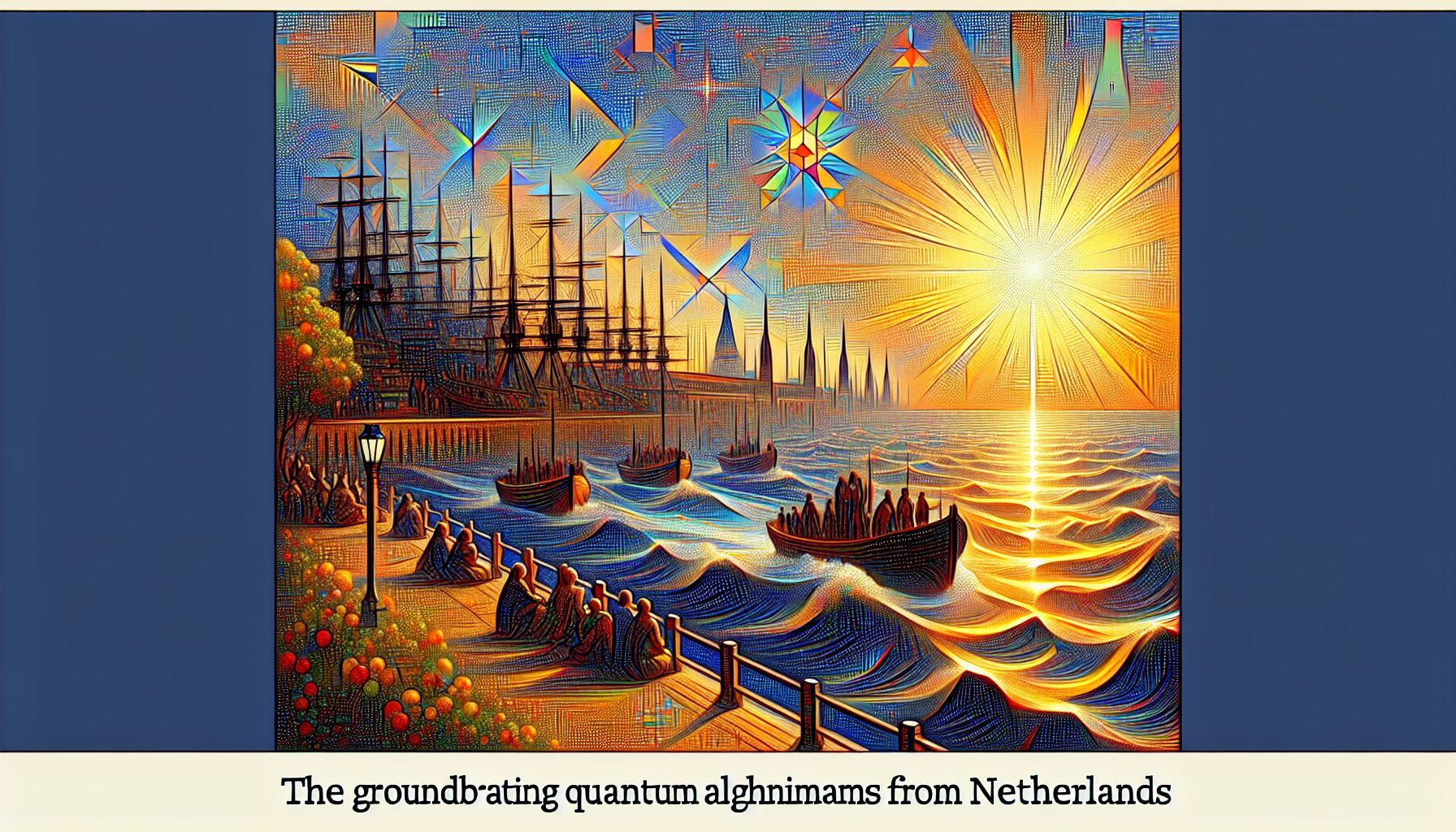New Quantum Algorithm Promises Revolutionary Efficiency for Complex Problems

Delft, Monday, 28 April 2025.
A groundbreaking quantum algorithm, developed in the Netherlands, significantly enhances the speed of challenging optimization tasks, offering potential widespread implications across various industries.
Breakthrough in Decoded Quantum Interferometry
Google Quantum AI researchers Stephen Jordan and Noah Shutty have developed a groundbreaking quantum algorithm called ‘decoded quantum interferometry’ (DQI) that demonstrates unprecedented efficiency in solving complex optimization problems [1]. The algorithm, announced on March 17, 2025, has garnered attention from prominent quantum computing experts, including Gil Kalai, a mathematician at Reichman University, who describes it as ‘a breakthrough in quantum algorithms’ [1].
Technical Innovation and Validation
The DQI algorithm’s core innovation lies in its ability to translate optimization problems into quantum computations, specifically addressing the challenge of finding mathematical functions that optimize point connections [1]. The development process involved collaboration with coding theory expert Mary Wootters, who thoroughly validated that no classical algorithm could match the quantum speedup achieved by DQI [1]. While the algorithm shows remarkable promise, it currently faces practical limitations as it ‘cannot run on present-day quantum computers’ due to hardware constraints [1].
Implications for Industry and Research
Ronald de Wolf, a theoretical computer scientist at CWI in the Netherlands, has expressed enthusiasm about the development, though he maintains cautious optimism about its long-term implications [1]. The algorithm’s potential applications span various sectors, as quantum computing could theoretically perform some calculations exponentially faster than classical computers [2]. This development is particularly significant given that current quantum computers remain largely experimental and impractical for real-world applications [2].
Future Prospects and Implementation
The emergence of DQI represents a significant step forward in quantum algorithmic research, though its practical implementation faces several technical hurdles. Current challenges include engineering high-quality qubits and addressing quantum decoherence issues [2]. However, with significant investments being made by national governments into experimental research on scalable qubits [2], the path toward practical quantum computing applications continues to advance. This development aligns with broader industry trends, where quantum computing is increasingly seen as a potential catalyst for enhancing AI capabilities and solving complex optimization problems [6].

